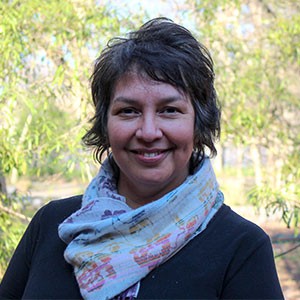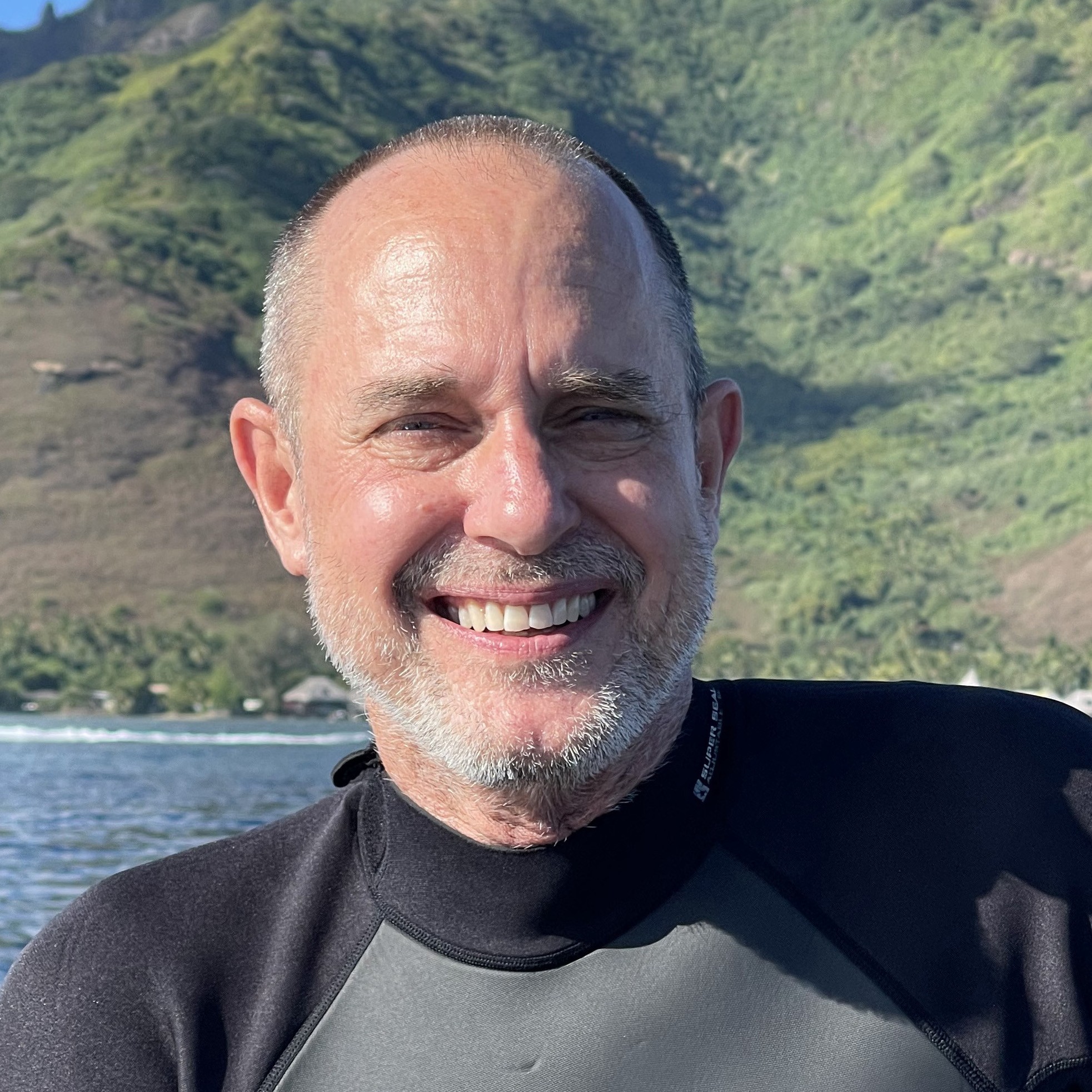About the ICON Ph.D. Program
As global environmental change proceeds at an unprecedented pace, the practice of conservation is adapting to a complex set of new challenges. The conservation community has increasingly recognized that responding effectively to these challenges will require that the next generation of practitioners and scholars not only develop expertise in specific fields but also have the conceptual and practical tools to work across disciplines. The University of Georgia’s Integrative Conservation (ICON) Ph.D. Program is designed meet that need by ensuring that students gain disciplinary depth in one of five fields – Anthropology, Geography, Ecology, Forestry, or Marine Science – while also collaborating across disciplines and fields of practice to seek integrative solutions to complex conservation challenges.
Students in the ICON PhD program must fulfill requirements of the PhD in Ecology and the ICON program. Please refer to information on the ICON program page for further information.


